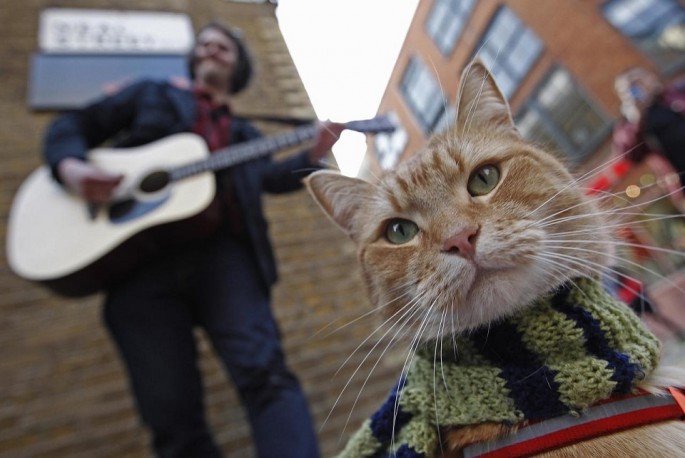A new study has backed up the stereotype of the independent cat with scientific evidence. It suggests that unlike dogs, man's "best friend" and baby humans, felines do not develop a reliance on caregivers.
The study was conducted by the University of Lincoln in England. Findings were published in the journal PLOS One on September 2, Wednesday.
Daniel Mills, a veterinary researcher at Lincoln said that cats can bond and love their owners. However, they do not rely on parent-like humans for safety and security.
Interestingly, the new findings were based on a human test developed in the 1970s termed "Strange Situation." The developer was psychologist Mary Ainsworth.
In the test researchers placed a mother and a baby together in one room. The mother was asked to leave, and a stranger then walked into the room to play.
Ainsworth learned that toddlers would play joyfully when the mother was in the room, and then got scared or upset when she left. They were happy again when the mother returned to the room.
A 2013 study in the journal PLOS ONE learned that dogs like baby humans seek safety from their owners when a stranger is near. They could be "securely attached" to their caregivers, according to Daily Mail.
Meanwhile, a small study in 2002 suggested that cats can develop separation anxiety. However, the findings were not clearly verified.
Mills teamed up with Alice Potter at the Royal Society for the Prevention of Cruelty to Animals in England. They placed cats in a Strange Situation-type scenario.
Feline owners put their animals in a room and then let strangers into the room to play with them. The cats showed different behaviors.
They also showed no definite signs of attachment. The kitties only meowed a little more when they were left alone with a stranger, according to Live Science.
Researchers shared that the response could have been a sign of frustration. Unlike dogs, cats do not perceive their owners as a security blanket.
Mills said that the study's results are logical as cats are by nature independent hunters. In comparison, dogs hunt in packs.



























